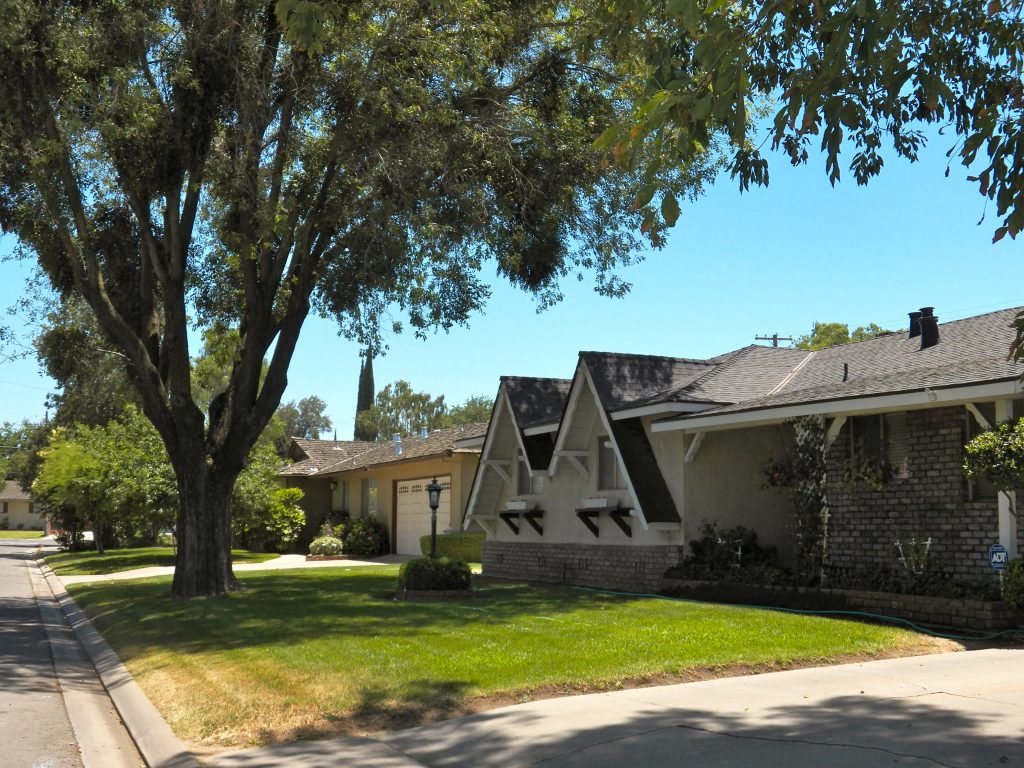 Under the Louisiana Recreational Use Immunity Statues, owners and operators of property used for recreational purposes are immune for liability for tortious acts. Does this immunity apply when a child is injured playing in a gated residential community?
Under the Louisiana Recreational Use Immunity Statues, owners and operators of property used for recreational purposes are immune for liability for tortious acts. Does this immunity apply when a child is injured playing in a gated residential community?
Three Doyle children were playing in the common area of their subdivision in Covington, Louisiana when a rotted tree fell on one of the children, severely injuring him. His parents filed a lawsuit against Lonesome Development, the Natchez Trace Property Owners Association, Renaissance Property Management, and their insurers. The Doyles claimed Lonesome and Natchez Trace were responsible for maintaining the common area of the subdivision. The Doyles also claimed Lonesome, Natchez Trace, and Renaissance had responsibility and control for the rotted tree and should have known it posed an unreasonable risk of harm.
Lonesome was the original owner of the Natchez Trace subdivision. Natchez Trace had an agreement with Renaissance, whereby Renaissance was responsible for maintaining and managing the homeowners’ association. Lonesome and its insurer filed a summary judgment motion, arguging it was immune from liability under La. R.S. 9:2791 and 9:2795 (the Recreational Use Immunity Statutes). Renaissance and Natchez Trace subsequently filed almost identical summary judgment motions. The trial court granted Natchez Trace’s summary judgment motion, finding it was immune under the Recreational Use Immunity Statutes, but denied Lonesome and Renaissance’s summary judgment motions.
On appeal, the Doyles claimed the common areas in the subdivision commercially benefitted Natchez Trace and the area was limited to use by homeowners who paid their required dues, so the Recreational Use Immunity Statutes did not apply. The appellate court noted the legislative history indicated an intent for the statutes to grant broad immunity.
The appellate court first considered whether the injured Doyle child was engaged in a “recreational purpose” at the time of his accident. Soccer was not explicitly listed in the statute or precedent case law as a “recreational purpose.” However, the court held soccer was sufficiently similar to the listed activities to qualify as a “recreational purpose.”
The appellate court then considered if the location where the accident occurred qualified for coverage under the Recreational Use Statutes. Lonesome argued the statutes did not apply because the accident occurred in a gated residential community that was not open to the public. The court explained the plain language of the statutes did not restrict their applicability only to situations where the public could use the land.
Lastly, the appellate court considered whether the commercial enterprise exception made it so Natchez Trace was not immune from liability. Under La. R.S. 9:2795, immunity can still apply, even if the owner charges a fee for people to use the land. Here, the land where the accident occurred was primarily used for recreational purposes such as walking, playing sports, and fishing. Therefore, the Recreational Use Immunity Statutes still applied. Therefore, the appellate court affirmed the trial court’s grant of Natchez Trace’s summary judgment motion as the Recreational Use Statutes granted it immunity.
Louisiana law provides for immunity in certain situations, including owners and operators of property used for recreational purposes. A good lawyer can advise you on the applicability of possible immunity statutes, including whether exceptions apply to your specific case.
Additional Sources: Doyle v. Lonesome Development et al.
Article Written By Berniard Law Firm
Additional Berniard Law Firm Article on Immunity: If You Give a Horse a Carrot – When are Visitors Covered by the Equine Immunity Statute?
 Louisiana Personal Injury Lawyer Blog
Louisiana Personal Injury Lawyer Blog

